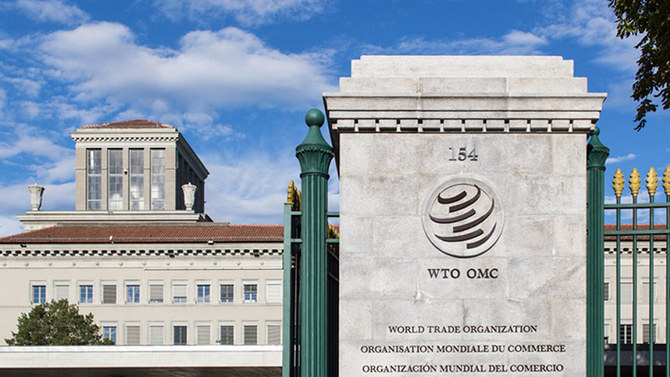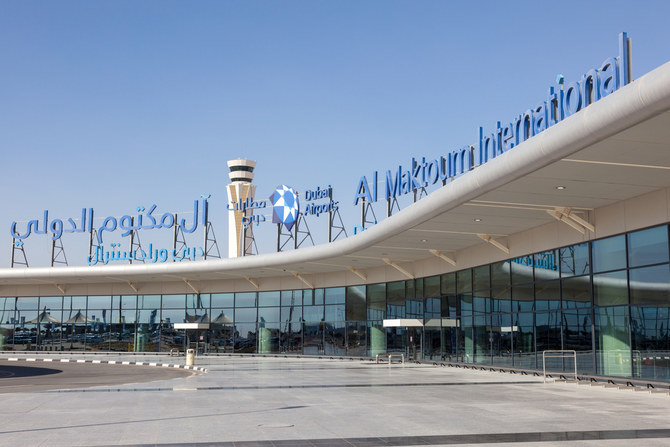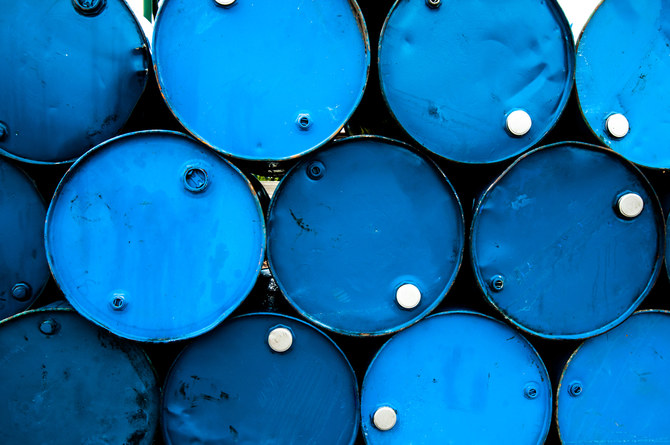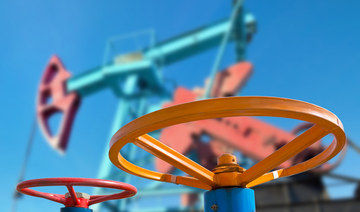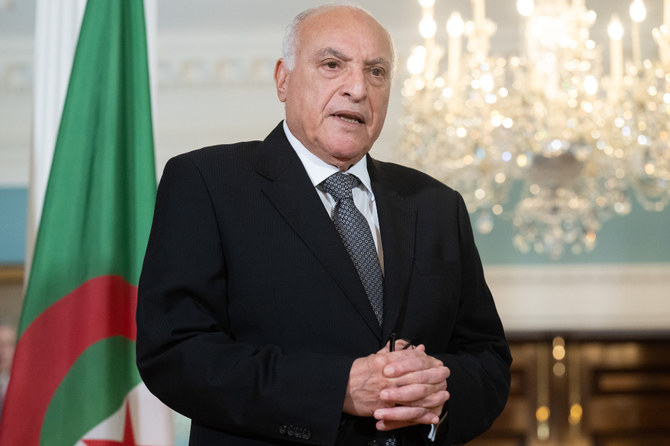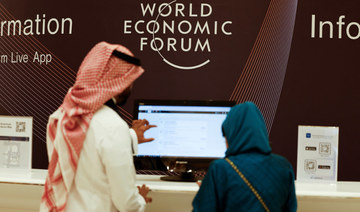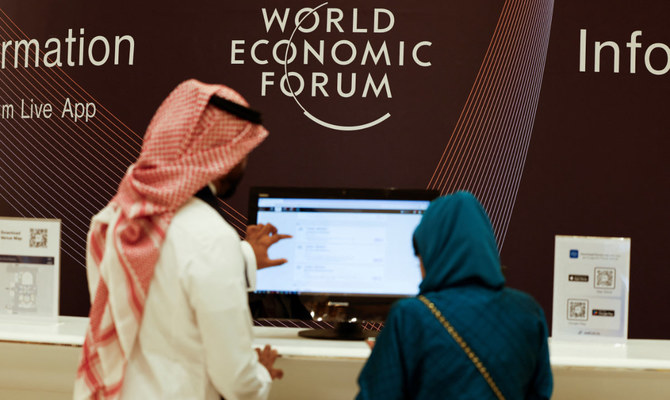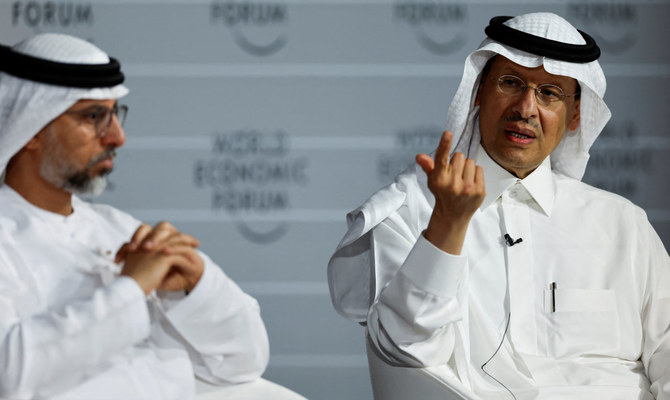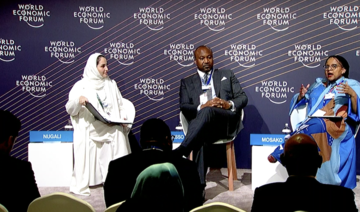RIYADH: The impact of the Russia-Ukraine war peaked US consumer price levels last month, as cost of gasoline was pushed to record highs, shrank Britain’s earnings despite unemployment falling to its lowest in 50 years, and led to a revision of the World Trade Organization’s global growth forecasts from 4.7 to 3 percent this year.
India’s retail inflation accelerated to its highest in 17 months, and Argentina’s inflation is expected to increase to its highest growth this year. Sri Lanka temporarily suspended foreign debt payments and Chinese export growth likely slowed, whereas Australia’s business conditions picked up in March.
India’s retail inflation
India’s retail inflation accelerated to near 7 percent year-on-year in March, its highest in 17 months and above the upper limit of the central bank’s tolerance band for a third straight month, putting pressure on it to raise policy rates.
Annual consumer price-based inflation in March touched 6.95 percent, pushed by rising prices of fuel products and some food items. The print was higher than the 6.35 percent year-on-year forecast by economists in a Reuters poll, and 6.07 percent in the previous month.
Argentina’s March inflation
Argentina’s inflation rate in March will surpass 6 percent to reach the highest monthly growth in consumer prices so far this year, the economy minister said on Monday, as the country struggles with an extended period of surging costs for many goods and services.
“The (consumer price) index is going to exceed 6 percent, it will be the highest of the year,” Economy Minister Martin Guzman said, during an interview with local broadcaster C5N. He added that international market pressures were also weighing on the South American country’s rising prices.
Annual inflation this year is seen at around 60 percent, according to the bank.
US consumer prices
US monthly consumer prices increased by the most in 16-1/2 years in March as Russia’s war against Ukraine boosted the cost of gasoline to record highs, cementing the case for a 50 basis points interest rate hike from the Federal Reserve next month.
The consumer price index surged 1.2 percent last month, the biggest monthly gain since September 2005, the Labor Department said on Tuesday. The CPI advanced 0.8 percent in February.
WTO slashes growth forecast
The World Trade Organization on Tuesday revised down its forecast for global trade growth this year, to 3 percent from 4.7 percent because of the impact of the Russia-Ukraine war, and warned of a potential food crisis caused by surging prices.
The report from the global trade watchdog said the conflict, now in its seventh week, had damaged the world economy at a critical juncture as the coronavirus pandemic — and Chinese lockdowns specifically — continues to weigh on the recovery.
“The economic reverberations of this conflict will extend far beyond Ukraine’s borders,” WTO Director-General Ngozi Okonjo-Iweala told a news conference presenting the findings.
UK jobless rate lowest since 2019
Britons’ earnings shrank by the most since 2013 in February, when adjusted for surging inflation, despite unemployment falling to its joint lowest in almost 50 years, highlighting the challenges facing the Bank of England.
The jobless rate sank to 3.8 percent in the three months to February from 3.9 percent before, official figures showed, matching a rate last seen in late 2019 and one that has not been lower since 1974.
Annual growth in average earnings excluding bonuses picked up to 4 percent from 3.8 percent, but fell short of rising inflation — which hit 6.2 percent in February — and led to a 1.3 percent drop in its real value, the Office for National Statistics said.
“Soaring inflation is casting a big shadow over an otherwise buoyant labor market,” Nye Cominetti, an economist at the Resolution Foundation think tank, said.
Sri Lanka suspends debt payments
Sri Lanka will temporarily suspend foreign debt payments to avoid a hard default, the central bank governor said on Tuesday, with its limited foreign reserves required for imports of essential items such as fuel.
“It has come to a point that making debt payments are challenging and impossible. The best action that can be taken is to restructure debt and avoid a hard default,” Gov. P. Nandalal Weerasinghe told reporters.
Sri Lanka is due to start talks with the International Monetary Fund on a loan program next week, with the country suffering from prolonged power cuts alongside shortages of food and medicines.
China’s trade growth
China’s export growth likely slowed in March as the Ukraine war inhibited global demand, while imports probably eased amid signs that widespread anti-COVID lockdowns have weakened domestic consumption, a Reuters poll showed on Tuesday.
Exports likely rose 13 percent in March, versus a year earlier, compared with 16.3 percent year-on-year growth for the January-February period, according to a median forecast in a Reuters poll of 19 economists.
Imports in March were estimated as 8 percent higher than a year before, the poll showed, easing from 15.5 percent growth seen in the first two months of the year. The slowdown in growth was partly driven by sluggish domestic demand and by production disruptions, both caused by ongoing COVID-19 outbreaks, analysts say.
Chinese economic data for January and February is often combined to remove distortions caused by the shifting timing of the Lunar New Year holiday.
Economists in the poll expect a March trade surplus of $22.4 billion, compared with $13.8 billion a year earlier.
The trade data will be released on Wednesday.
Australia business conditions
A measure of Australian business conditions picked up sharply in March as firms saw strong sales and labor conditions, while surging costs pushed retail prices higher in a worrying sign for inflation.
Tuesday’s survey from National Australia Bank showed its index of business conditions doubled to +18 in March, while confidence added 3 points to +16.
The upbeat result will likely be welcomed by Prime Minister Scott Morrison, who is in the middle of a tough election campaign.
Inflation expectations stayed high at 5.8 percent, reflecting cost of living pressures from petrol, food and housing.
All that price froth has yet to deter shoppers, with CBA’s measure of household spending intentions jumping 9.2 percent in March to a record high, led by travel, transport and retail.
The strength in spending, combined with a 13-year low for unemployment, suggests the economy overall put in a solid performance in the first quarter.



